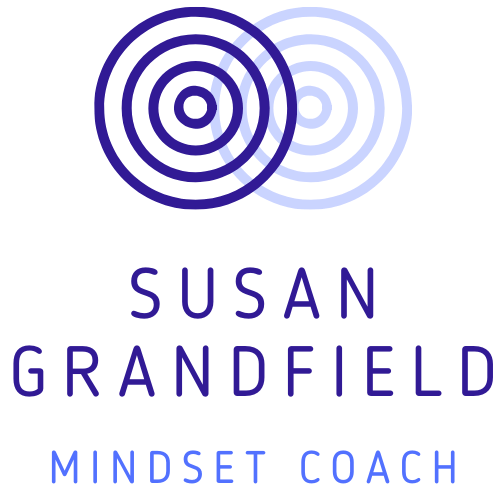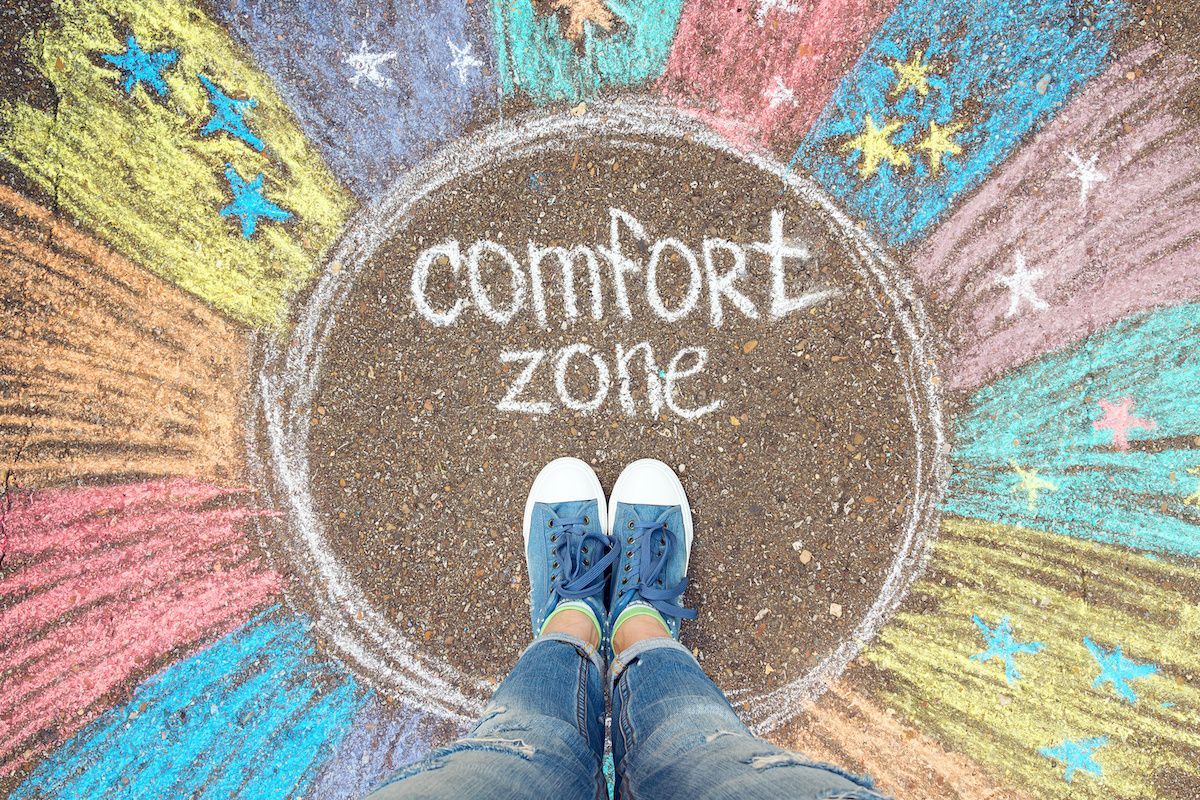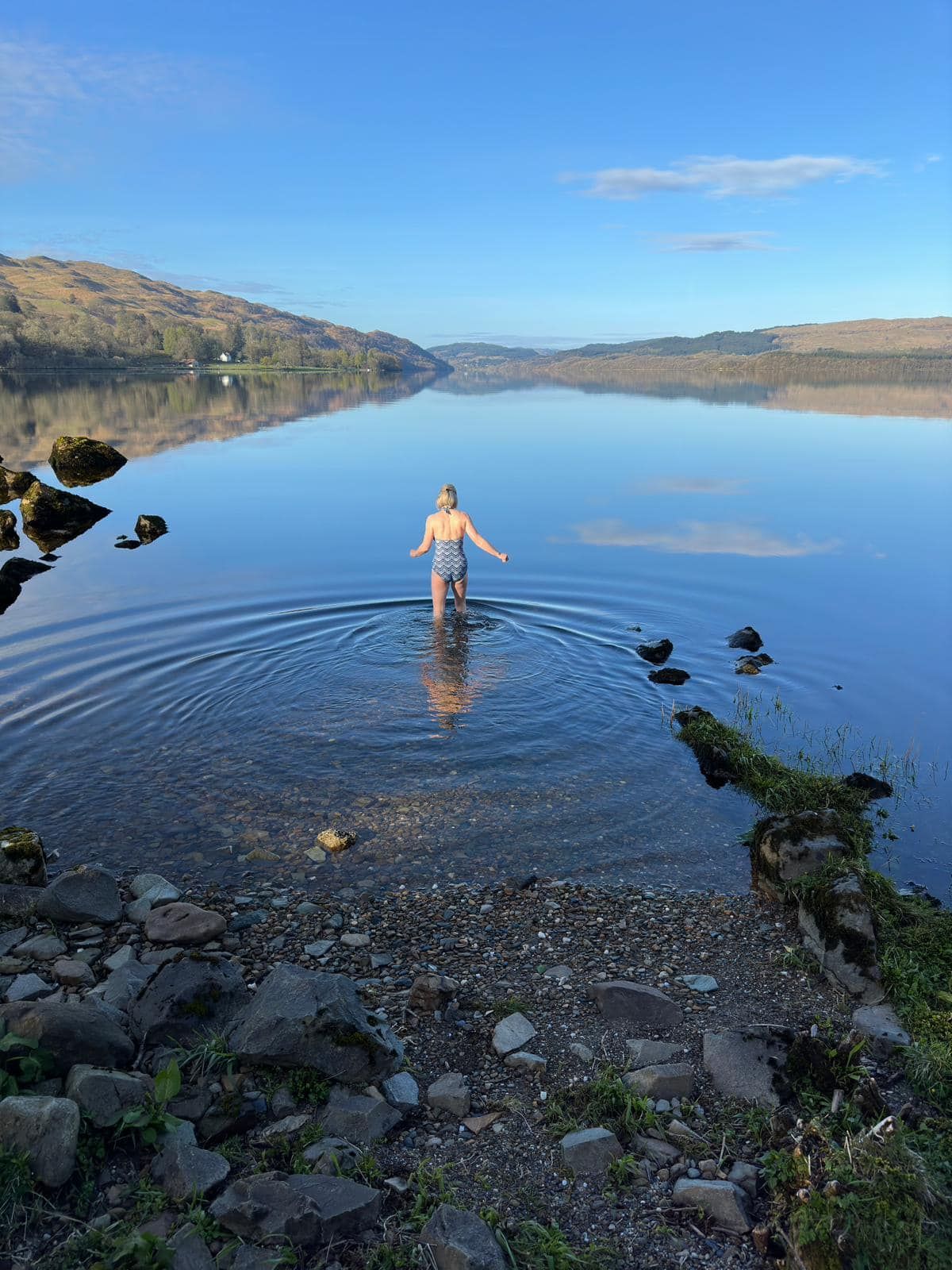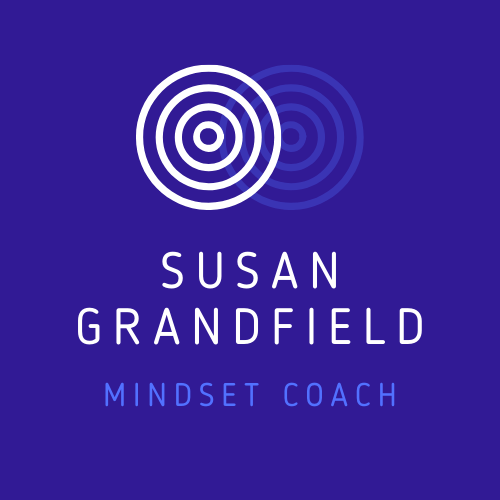What do you need help with?
Susan Grandfield • 16 December 2020
And what's stopping you asking for it?
When I noticed that (just the other day) it got me thinking – where else in my life do I not ask for help?
My husband would probably tell you that when I start a task (such as building IKEA furniture or painting a room in the house) I become frustratingly stubborn and even when he can see me struggling my response to his offer of help is “I am fine! I’ll manage it on my own”.
In both cases asking for help just wasn’t on my radar. It didn’t occur to me to ask for it or accept it when offered.
What’s that all about?
It’s got me wondering why we don’t ask for help even when that is exactly what we need. Here are some of the conclusions I’ve come to:
- We worry what it says about our capabilities
- We are conditioned to persevere no matter how tough something gets
- We worry what other people will think or how we will be judged
- We think it means something about our character or personality or self-identity
- We have never done it and so don’t know how to ask
The common theme in all of these is fear
and the fear comes from a made-up story we create in our own mind about what asking for help means. We make asking for help so significant that we back away from it. It feel safer and easier to carry on ourselves.
Look at children (always such a rich source of learning for us adults!). They ask for help all the time. (Ok, sometimes they wait until they are super frustrated but they do eventually ask). They realise they can’t do everything themselves.
Where would you be today if no one had ever helped you
get up and start walking, tie your shoe laces, learn to drive, make decisions for yourself…..?
As an adult you get to choose what form help comes in. It could be advice, guidance, reassurance, someone doing something for you, showing you the way or helping you find your own way. Whatever you choose it is about you stepping out of fear and into your power. People who are empowered are not afraid to ask for what they need.
And here is the best thing about it all……when you ask someone to help you they benefit too! Helping is a mutual gift between two people. The giver feels great knowing that they have something to offer others and the receiver gets unstuck. It’s a WIN/WIN.
I wonder how many hours of wasted energy I could have saved when I first started my business if only I’d had the courage to ask for help.
So, where in your life could you ask for help?
What do you need help with?
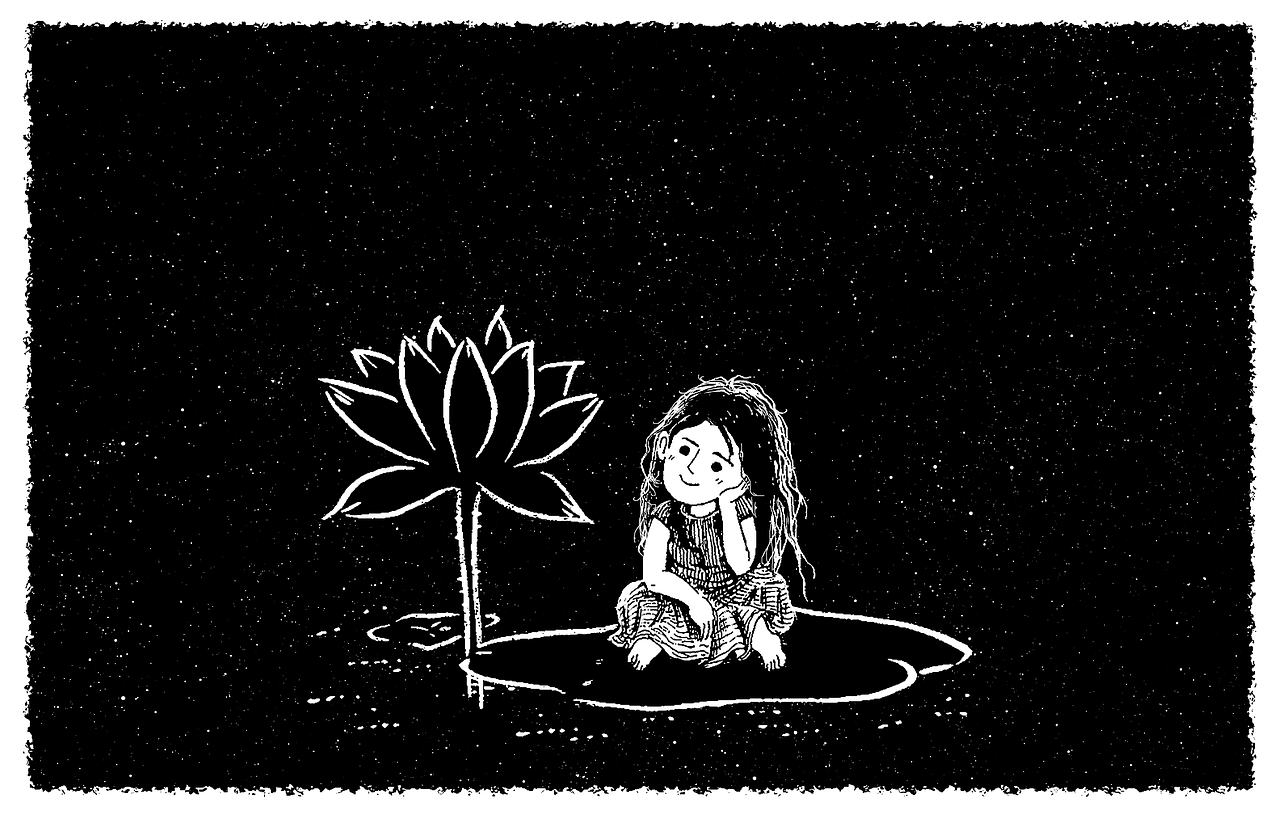
The struggle of an idealist in a world of pessimists, pragmatists and realists is that at times it can feel very lonely, like we’re sitting on the edge of the crowd not being invited into the conversation. Everyone is looking in one direction and when we point out that there is another direction they could look in we feel dismissed, not heard and ridiculed for romantic notions about the world. But it doesn't have to feel that way.

Idealist: “Someone who believes that very good things can be achieved, often when this does not seem likely to others”. Rather than hiding away, agreeing with others, making myself wrong for holding a more hopeful view of the world or criticising myself for being naïve I backed myself and stood behind my beliefs.

We begin this adventure of a lifetime as wide open, expansive, creative, loving, curious and innately wise little beings full of possibility, potential and optimism. But through our experience of interacting with others and the world around us we, unconsciously, wrap ourselves up in patterns of behaving and thinking which serve to protect us from the perceived risk of following that childlike energy. Now is the time to "unwrap" those protective layers and reconnect with who we really are.

Experimenting is fundamentally about trying things out and not being attached to a particular outcome. It is about giving things a go and learning from whatever happens. There is a real freedom in approaching things with an experimental mindset and I believe it can be brought to all aspects of our lives.
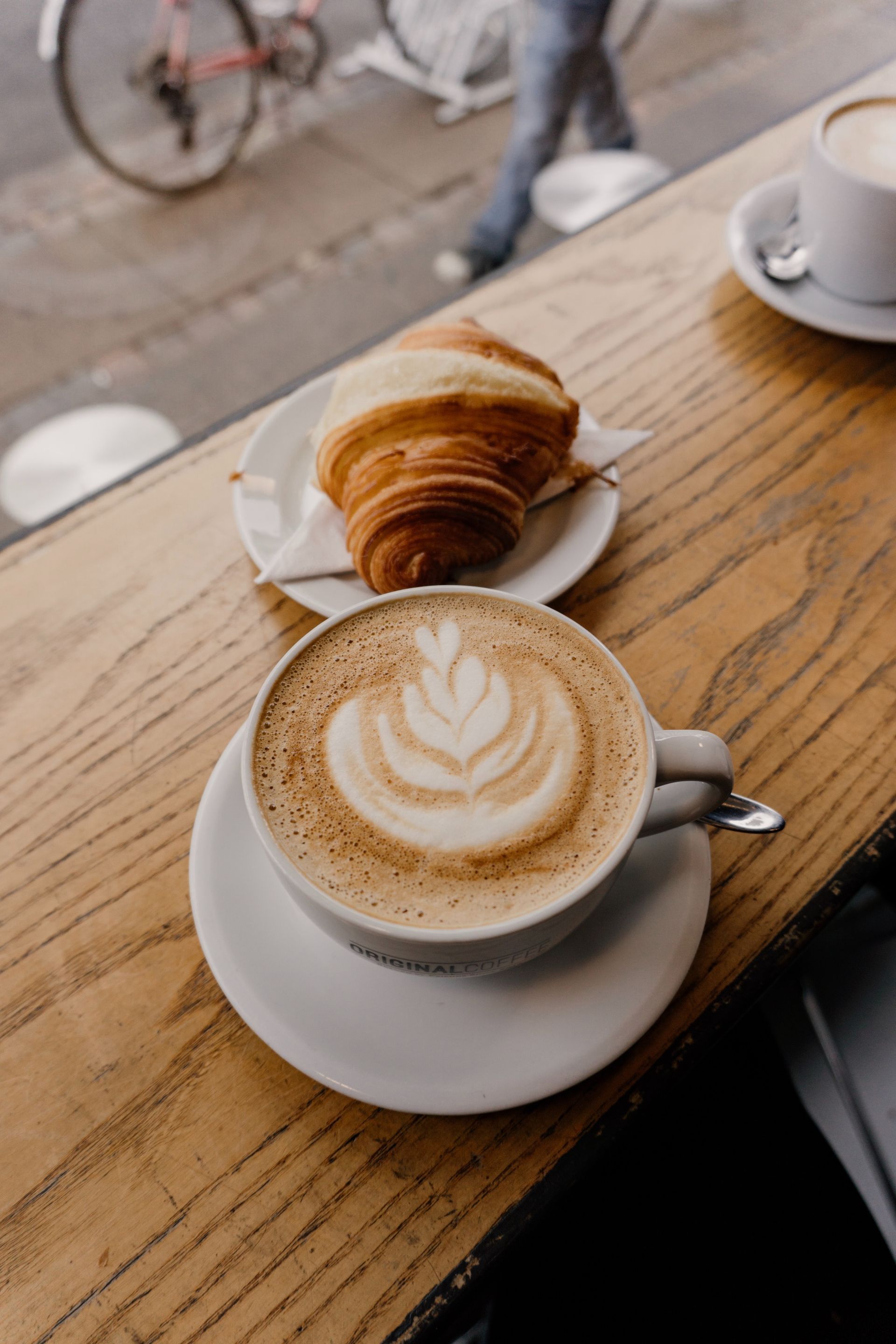
Like me, are you also someone who tends to plan moments of bliss rather than allow them to happen?
Ridiculous as that may sound, I realise that when I am in my familiar environment doing familiar and routine activities I tend to plan for moments of bliss or joy to happen sometime in the future, when all of the things I need to do have been done. I am discovering the possibility of experiencing moments of bliss at any time and without the preplanning.
